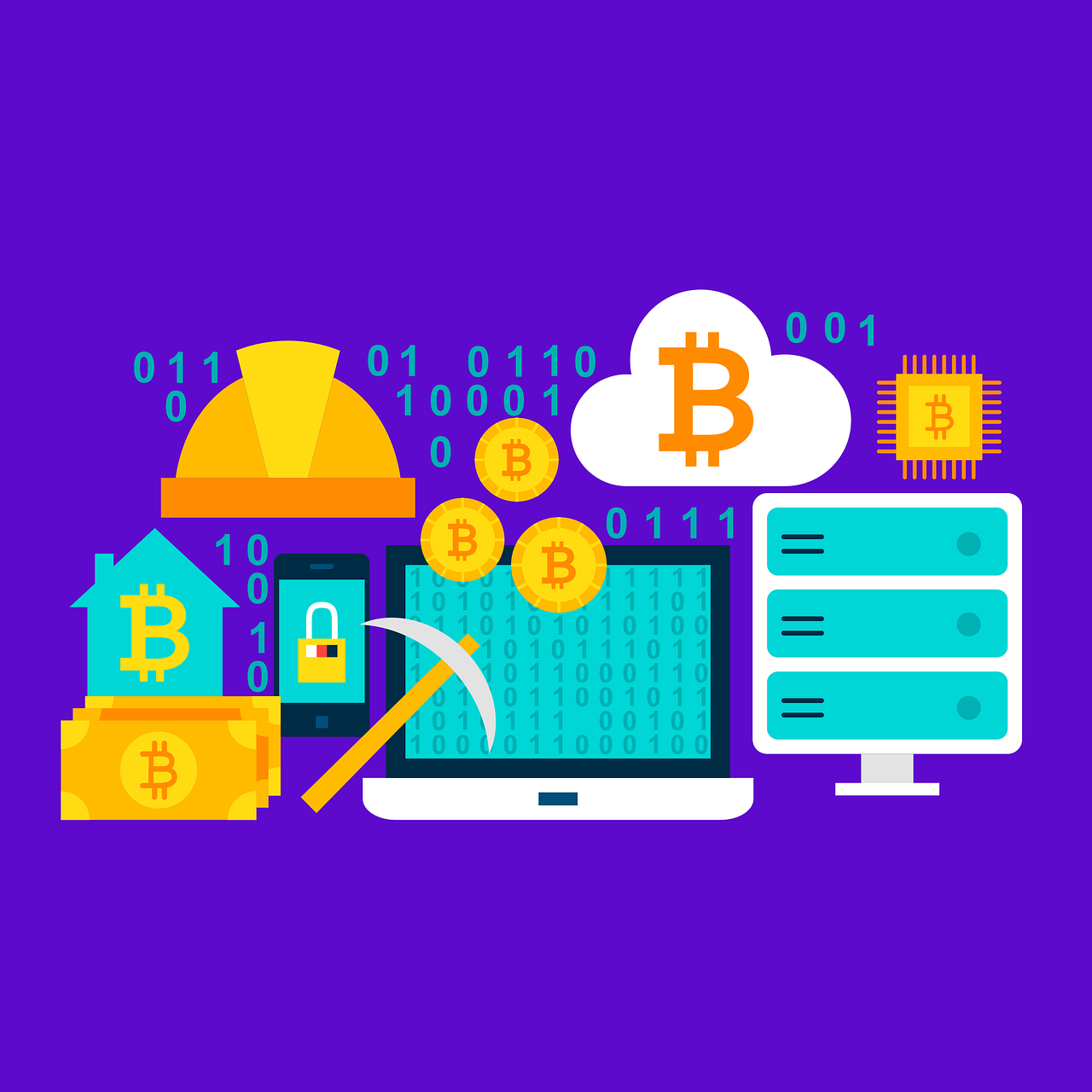In the first case of its kind, the Department of Justice charged a former Coinbase product manager and two others with insider trading of cryptocurrencies. In a parallel case, the SEC stated that nine of the 25 tokens the DoJ claimed were traded in that scheme were actually securities and charged the three suspects with securities fraud.
However, Coinbase denied that any of the cryptocurrencies it supports are securities.
Former Coinbase Manager Charged With Insider Trading
In a press release on Thursday, the DoJ announced charges against three people in the first-ever insider trading tipping scheme involving cryptocurrency. The agency unsealed the indictment of former Coinbase product manager Ishan Wahi, his brother Nikhil Wahi, and Sameer Ramani, a friend.
Q2 2022 hedge fund letters, conferences and more
The DoJ accuses the three suspects of wire fraud and wire fraud conspiracy in connection with a scheme involving insider trading in crypto assets. According to the indictment, Nikhil Wahi and Ramani used confidential information from Coinbase provided by Ishan Wahi while he worked there.
The DoJ claims that he provided information on which crypto assets were scheduled to be listed on Coinbase. Authorities said on at least 14 occasions starting at least in June 2021 and continuing through April 2022, Ishan Wahi tipped off either his brother Nikhil or his friend, Ramani, about Coinbase's plans to list certain crypto assets on its exchange.
He also allegedly shared the timing of those plans ahead of the company's public announcements so that the two men could profit off trades in those crypto assets leading up to those announcements. According to the DoJ, Ramani and Nikhil Wahi used anonymous Ethereum wallets to buy the crypto assets and then sold them at a profit after Coinbase announced that it was listing them on its exchange.
Officials also said they did this on at least 14 different Coinbase announcements and at least 25 different crypto assets, raking in at least $1.5 million in the process.
Authorities arrested Ishan and Nikhil Wahi on Thursday, but they said Ramani had been charged but was still at large.
Coinbase Says It "Does Not List Securities"
In the related case filed by the SEC, regulators alleged that nine of the 25 tokens the Wahis and Ramani had allegedly profited off of were actually securities. In a blog post entitled "Coinbase does not list securities. End of Story," Coinbase Chief Legal Officer Paul Grewal said Coinbase offered trading on seven of the nine assets the SEC claimed were securities. He added that "none of these assets are securities."
Grewal explained that Coinbase utilizes a "rigorous process" in analyzing and reviewing every digital asset before listing it on its exchange. He added that the SEC has even reviewed and approved the process, which involves analyzing whether the asset could be considered a security.
Coinbase's process also considers regulatory compliance and other issues related to each asset, such as information security. According to Grewal, the crypto exchange ends up not listing most of the assets it reviews. He accused the SEC of jumping straight to litigation instead of "having a dialogue" with Coinbase about the seven assets traded on its platform.
Additionally, Grewal claimed that the regulator doesn't actually have a "clear or workable regulatory framework for digital asset securities." Thursday morning before learning of the securities fraud charges, Coinbase filed a rule-making petition with the SEC, calling for the agency to make an actual rule "so the crypto securities market has a chance to develop."






